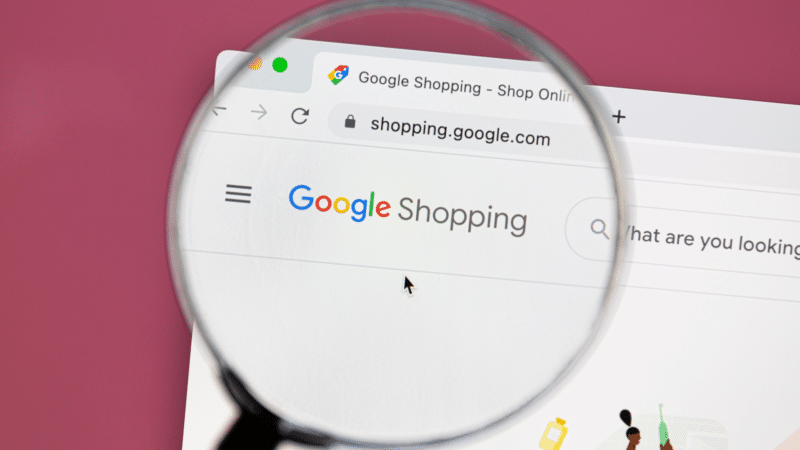
Revolutionizing In-Store Shopping: Google Paves the Way with AI Innovations
In an age where consumers demand immediacy and transparency in their shopping experiences, Google is stepping up to the plate with AI-driven enhancements that are set to redefine in-store shopping. The tech giant’s new features not only simplify product discovery but also empower consumers with the information they need to make informed purchasing decisions on the spot. With advancements such as Google Lens and Google Maps, the landscape of retail marketing is poised for significant transformation.
Google Lens has emerged as a game-changer, allowing users to scan products in-store to access real-time price comparisons. This innovative tool gives shoppers immediate insights into pricing, enabling them to weigh options and choose the best deal right before making a purchase. This functionality is not only beneficial for consumers but also compels retailers to rethink their pricing strategies, igniting a new wave of competitive pressure.
Furthermore, Google Maps has been enhanced to support local inventory searches, giving consumers visibility into product availability across nearby stores. This level of transparency is crucial in a mobile-first world, where 45 billion product listings are now part of Google’s Shopping Graph. With such a demand for quick access to inventory, businesses must adapt or risk losing customers to competitors who can provide more relevant information.
In addition to these customer-facing tools, Google is broadening access to Buy Now, Pay Later options, further enhancing flexibility in payment methods. This aligns perfectly with current consumer trends that favor smart, manageable financial solutions. Additionally, with enhanced virtual card protections for online payments, Google is actively working to bolster trust in digital shopping—an essential aspect as consumers are increasingly concerned about online security.
The implications of these AI advancements underscore a pivot in retail dynamics, whereby shopping decisions are influenced not just by product quality but also by technology-facilitated access to information. As more shoppers utilize smartphones during their in-store experiences, Google is strategically positioning itself to influence consumer behaviors significantly.
In conjunction with these developments, the integration of URL shorteners and link management can enhance marketing strategies, particularly in driving traffic to product pages. Retailers can leverage short URLs in campaigns to easily track consumer engagement and optimize marketing efforts based on real-time data.
Overall, these innovations herald a new era in retail marketing, where consumer decisions are increasingly data-driven, and companies must adapt to a digitally-savvy customer base. Retailers that fail to adapt may find themselves at a disadvantage as this transformation unfolds.
#BitIgniter #LinksGPT #UrlExpander #UrlShortener #RetailTechnology #DigitalMarketing #AIinRetail
Want to know more: Read More

